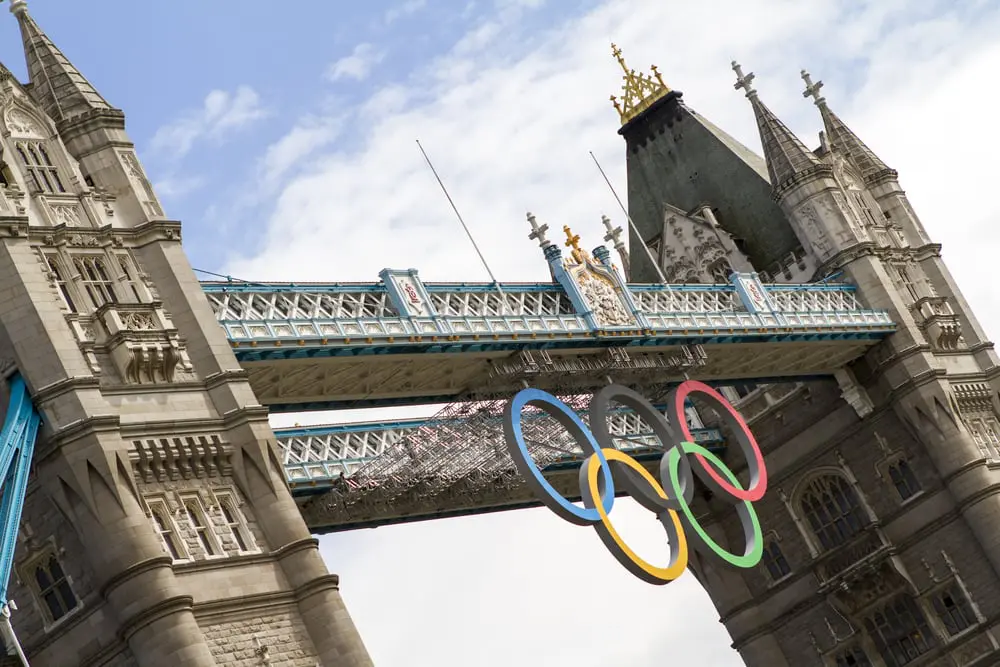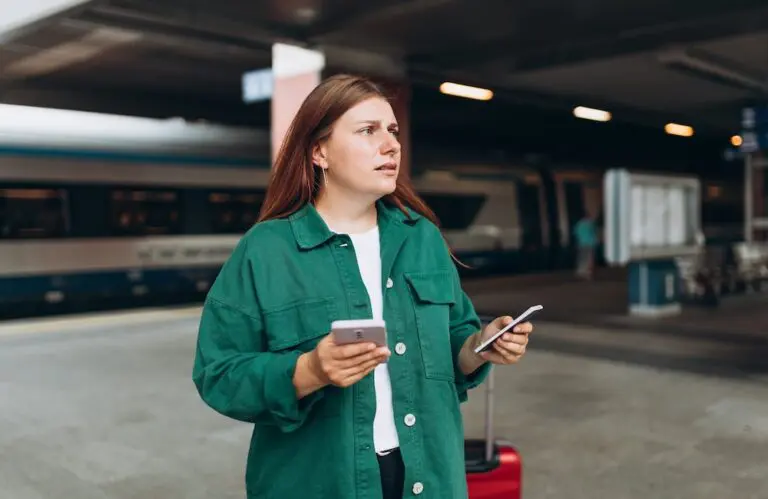The Rio Olympics are already generating horror stories galore ahead of Friday’s opening ceremony, but the troubled event still appears to be delivering the goods on the tourism front.
The controversial games, which will take place in Rio de Janeiro from August 5 to 21, have been marred by security concerns and the widespread outbreak of Zika which has prompted many athletes and tourists to stay away.
Polls revealed that 49% of travellers believe that the Rio Olympics should in fact be delayed or canceled because of the virus. Furthermore, 79% of women say they would cancel travel to the region if they were pregnant or planning to conceive in the near future, says a recent study conducted by Comparetravelinsurance.com.au.
Just this week, stories have emerged of fires in the Olympic village, body parts washing up on the volleyball beach, the famous flame being extinguished by protesters.
Nonetheless, tourism operators are still reporting strong interest in travel to the destination, during and beyond the games.
The number of Australian visitors to Brazil is expected to significantly rise during the Games, in line with the 33% growth seen during the World Cup.
The Consulate-General of Brazil in Sydney and Brazilian tourism authority Embratur bolstered their play for Aussies visitors over the Olympic period with the offer of a provisional tourist visa waiver. A new campaign launched in April also encourages Aussies to stay for longer and to venture beyond Rio.
Overall, it has been estimated that between 300,000 and 500,000 international tourists will arrive in Brazil for the event, injecting US$1.7 billion into the local economy.
Hotel booking site Trivago revealed that Australia is the seventh largest market for travel to the games, despite competitive prices. On average, Aussies are planning to stay nine nights and are paying a hefty mean price of $407 a night.
Many believe that the true tourism impact will be seen in the 12 months after it takes place thanks to extensive media coverage during the event. The UK, which hosted the last Olympics in 2012, saw a record number of tourists arrive in the aftermath of the Games.
Chimu Adventures marketing manager Meg Hall told KarryOn the South American adventure specialist is seeing strong interest in travel to the destination beyond the Games.
“The traffic is very different during the Olympics – the average tourist will stay away because it becomes more expensive,” she said.
“But now people are booking beyond it.”
Hall acknowledged that the run up to any Olympics is often filled with predictions of disaster, as was seen with London four years ago and Beijing before it. But she was confident Rio would rise to the occasion, following its World Cup success in 2014.
Meanwhile, Trafalgar reported an “unseasonal late run” in Brazil departures for this year with an “equal take-up” in early departures for next year.
Managing director Matt Cameron-Smith stressed that it is still early days but predicted the Olympic effect would be seen over an extended period of time.
“Whenever there’s an Olympics held in a major destination, everyone knows that a lot of investment goes into the beautification of city, into infrastructure and I think that’s something people want to experience,” he told KarryOn.
“We saw it in London, not necessarily in the year of the Olympics. It was the year after the Olympics that London really saw the benefit.”
The spike in interest has been further demonstrated by Travel Insurance Direct figures which show a 95% increase in policy purchasing for Brazil compared to last year.
However, the insurance provider also revealed that 76% of those travellers were worried about their physical safety, including kidnapping and muggings, with 73% concerned about theft. In addition, 64% are apparently wondering if they are exposing themselves to illness and disease, such as Zika.
But Aussies, typically considered a “resilient” bunch, are still not staying away, despite any concerns. And although things already looking good for the destination, despite the negative press, it’s pretty safe to say the best is yet to come.
Do you wish you were headed to the Rio Olympics?









